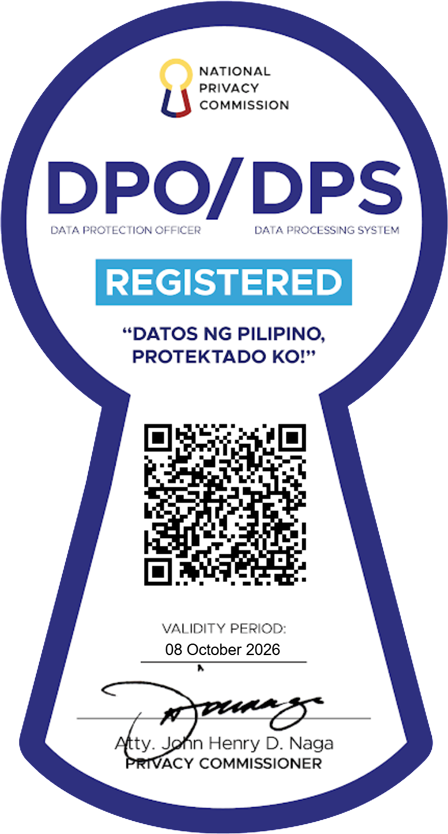How Ovulation Tests Help You Understand Your Cycle Better
Estimated reading time: 6 minutes
Key Takeaways
- Ovulation tests detect the surge in LH that precedes ovulation.
- Using these tests can pinpoint your most fertile days.
- They can enhance your understanding of your menstrual cycle.
- Ovulation tests are useful in both family planning and reproductive health monitoring.
Table of contents
Introduction
Understanding the menstrual cycle is crucial for maintaining reproductive health and achieving family planning goals. The cycle includes phases like menstrual bleeding, the follicular phase, ovulation, and the luteal phase. Each phase plays a pivotal role in fertility.
Ovulation tests
are valuable tools that predict ovulation, enhancing insights into your unique cycle and helping in many aspects from conception to health monitoring.
Understanding Ovulation and Its Role
Ovulation is when an egg is released from the ovary, typically around the mid-point of a woman’s menstrual cycle. This phase is crucial for conception and influences regularity and health of the menstrual cycle. Understanding when ovulation occurs can help with planning for pregnancy or managing natural birth control methods.
Read more here.
What Are Ovulation Tests?
Ovulation tests are at-home kits that measure the increase in luteinizing hormone (LH), which peaks before ovulation. They come in various forms, like urine-based strips and digital readers. Salivary hormone tests are also emerging but are less common. Each type has specific instructions for use to ensure accuracy.
Learn more.
How to Use Ovulation Tests
Using ovulation tests involves several straightforward steps:
- Determine when to start testing based on the usual length of your menstrual cycle.
- Test consistently at the same time each day.
- Follow the test kit’s specific instructions for best results.
Accurate testing is crucial for identifying your fertile window most effectively.
Get more info.
Benefits of Using Ovulation Tests
Ovulation tests provide several benefits, particularly for those trying to conceive. They allow you to identify your most fertile days. These tools are also beneficial for further understanding menstrual health and managing conditions like Polycystic Ovary Syndrome (PCOS).
For further information on the importance of reproductive health knowledge, visit
PLCPD’s research on SRHR.
Limitations of Ovulation Tests
While beneficial, ovulation tests do have limitations. The timing of LH surges can vary, and conditions like PCOS can show misleading high LH levels. Cost and physical accessibility may also restrict their use for some individuals.
Ovulation Tests and Reproductive Health in the Philippines
In the Philippines, awareness and availability of ovulation tests are part of a broader reproductive health framework that includes education and access to health services. Enhancing accessibility to such tools plays a significant role in empowering women with knowledge about their reproductive health.
Conclusion
Ovulation tests are more than just tools for predicting fertile days; they are instruments of empowerment that enhance understanding of one’s reproductive health. They complement wider sexual and reproductive health education and should be used alongside advice from health care providers.
Call-to-Action
If you’re looking to understand more about reproductive health or need personalized advice, consider speaking with a healthcare provider. Stay informed by subscribing to newsletters and joining forums focused on sexual health topics, empowering you with knowledge to make informed health decisions.
TRUST is a leader in providing accessible sexual and reproductive health services and education across the Philippines. Their initiatives ensure that you are well-informed and supported in managing your reproductive health.







